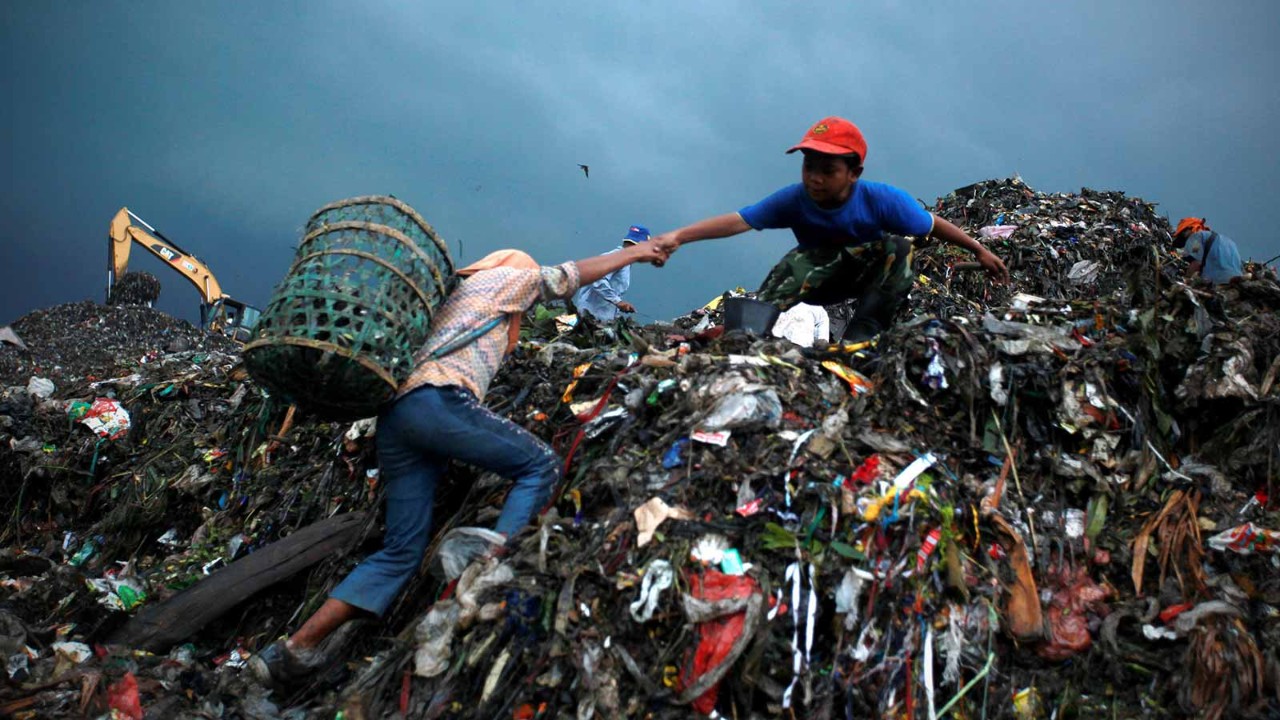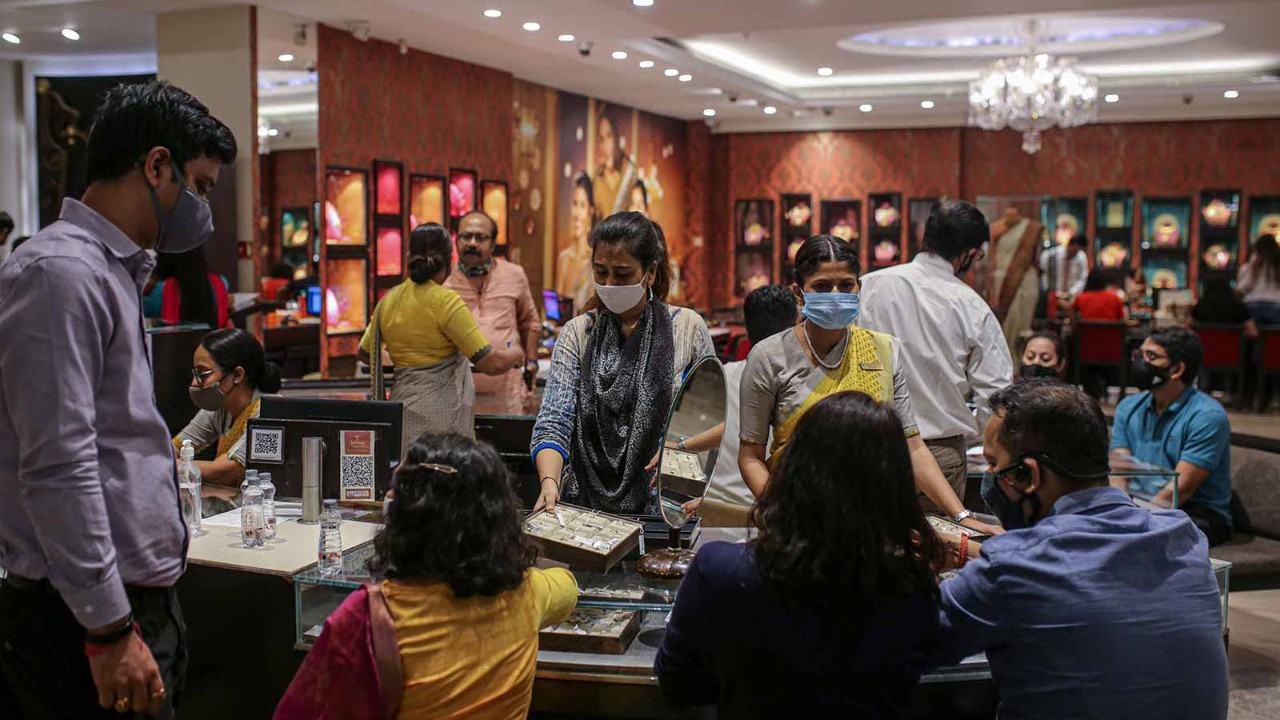
This year’s Ethics Film Festival brought attendees together virtually to watch documentaries on ethical issues. Attendees and panellists at the event then discussed the issues, as well as how the accounting profession could get involved.
At the first of the two sessions, held on Global Ethics Day on 20 October, outgoing ACCA president Mark Millar pointed out in his keynote address that the festival resonated with ACCA’s global campaign theme of rethinking sustainable business. He singled out professional accountants as uniquely placed to help companies make impactful social and environmental change. ‘I’m proud to say that ACCA is leading our profession in promoting ethical human considerations that are central to business and policy decision-making because issues aren’t always as clear-cut as they used to be.’
Plastic pretence
Millar’s comments were the launching off point for the panel discussion following the screening of Recycling Sham – the first of the festival’s two selected films. Based on the premise that only 9% of the world’s plastic is being recycled, with the rest buried, burned or dumped in landfill, the film explores whether the blame for plastic pollution should lie with corporates or consumers.
Discussion moderator Ho Yew Kee, professor of accounting, associate provost (SkillsFuture) at the Singapore Institute of Technology, put the question of whether it was in fact corporate greenwashing for businesses to profit from producing large amounts of plastic items that consumers believed were recyclable.
‘ACCA is leading our profession in promoting ethical human considerations that are central to business and policy decision-making’
Mikkel Larsen, CEO of carbon credit marketplace Climate Impact X, thought it was but also suggested that both sides had a part to play in tackling the problem. ‘I think it’s better that we push on both agendas, both on the consumer to take actions with their wallets, but also on the corporates to report their impact on these things and solutionise.’
Doug Woodring, founder and managing director of Ocean Recovery Alliance, highlighted the need to build up recycling infrastructure. ‘The reason we have all this waste is because of the giant investment gap in waste systems. It’s not as if people want to litter, but that they don’t have the right places to put it.’
Taking action
Other panel discussion topics included whether Singapore could make any meaningful impact on climate change, and the financial viability of sustainable businesses. The panellists largely agreed it would be helpful to consider the issues from a wider perspective. For instance, while Singapore may not generate much renewable energy, it could become an innovation hub for green solutions and services that could be exported to the rest of the world.
Gabriel Low FCCA, CFO and CIO of Theben Asia, said a long-term view was also important. ‘You shouldn’t look at a sensor [for tracking environmental impact] and say that it costs more than the electricity I use, so I shouldn’t buy it. The thinking must shift so that we invest to conserve energy in the long run.’
Fei Xiang Woon, director of marketing Asia Pacific at BlackLine, said accountants and finance professionals were well placed to get the ball rolling. ‘There’s an urgent need to streamline processes, implement automation and enable real-time reporting of data… and at the same time derive clear, comparable and consistent standards for sustainability reporting.’
Sweet and sour
A week later, the festival screened Lawyers, Guns & Honey, a film about the large-scale product adulteration practised in the honey industry. In the accompanying panel discussion, moderated by Sarjit Singh, CEO Singapore of InCorp Global, panellists and attendees considered how individuals and corporations could better respond in such situations.
Michael Tang, head of listing policy and product admission at Singapore Exchange Regulation, said consumer protection regulation had come a long way over the past few decades but sometimes did not adequately cover ethical breaches. He championed continuing doing the right thing until legislation was properly in place. ‘I think if we can get the values right, then we are at least halfway there,’ he said.
Also discussed was whose responsibility it is to ensure the legitimacy of products. Irene Ho FCCA, CEO of The Luxury Network Singapore, said that even though retailers were quite far down the supply chain, they were accountable too. ‘Retailers should be responsible to check as much as possible at each stage of the supply chain. So, for example, if certain stages are regulated, the retailer should actually check if a certification was obtained to prove that they are in compliance.’ She added that retailers could also choose to work with brands that believe in ethical sourcing.
‘Individuals could be more conscious about their purchasing decisions. We need to spread the risk and the responsibility around’
Dr Charmayne Highfield, adjunct faculty at the School of Accountancy at Singapore Management University, also thought suppliers and governments need to step up. ‘The little retailers don’t have the capacity to check their supply chain. They’re relying on the government, which is partly regulation, but also relying on the bigger suppliers themselves to do the checking.’ She added: ‘Individuals could be more conscious about their purchasing decisions and go beyond the belief that cheapest is best. We need to spread the risk and the responsibility around.’
Panellists debated whether grants or fines were more effective in ensuring compliance. While some felt positive reinforcement was a better option, especially because of the difficult economic situation brought about by Covid-19, others thought fines a more appropriate response in some circumstances.
K Sadashiv, trustee-director of the Forum for the Future AsiaPacific, said: ‘When someone has intentionally made an error, I think a stick is par for the course. It cannot only be incentives and nice lollipops all the time. We are adults who are supposed to be responsible, and therefore it should be a judicious mix of carrots and sticks.’
More information
For more on the films, see our article Ethics, camera, action!




